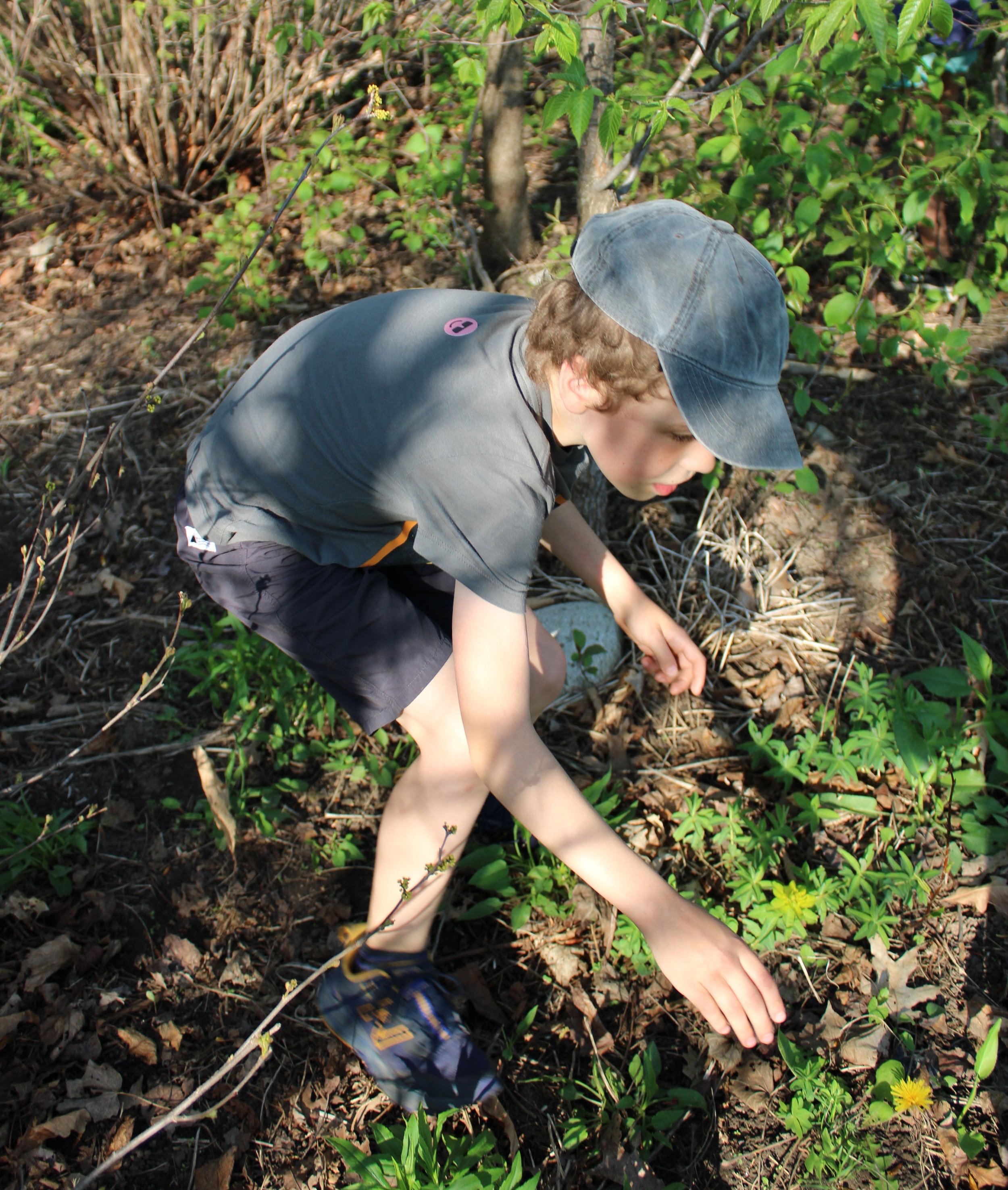
A Montessori education that extends beyond the classroom walls
Harmonizing Indoor and Outdoor/Experiential Learning Environments in Montessori Education
At Planted Seed Montessori School, the indoor classroom and outdoor experiential learning program work harmoniously to foster holistic child development. The integration of these two environments provides a multifaceted, hands-on learning experience, promoting cognitive, emotional, and physical growth, all while encouraging autonomy and responsibility.
Within the indoor Montessori classroom, the teacher focuses on creating an environment designed to foster independence and love for learning. This space is arranged with carefully curated, self-correcting materials that invite exploration, curiosity, and concentration. Children engage in individual or small group activities, selecting tasks that appeal to them. The indoor teacher plays a crucial role in observing, guiding, and providing tailored support to each child, based on the Montessori principle of 'following the child'.
Transforming Nature into Experiential Learning Opportunities
At Planted Seed Montessori School, we believe in transforming the world into a dynamic classroom. Our teachers are dedicated to translating the wonders of the natural world and the community around us into valuable learning opportunities for children. Here's a glimpse into what we offer:
Key Features:
1. Nature-Centric Learning:
Children form deep connections with their environment.
Develop an appreciation for nature's intricacies and interdependencies.
Activities covering a wide range of experiences promote responsibility, cooperation, and an awareness of interconnectedness.
2. Gardening Projects:
Set up vegetable patches and butterfly gardens.
Observe life cycles of plants and insects firsthand.
3. Animal Care:
Learn about different animal behaviors and needs.
Hands-on experiences with class pets and bird feeders.
4. Weather Observation:
Establish rudimentary weather stations for data collection.
Measure rainfall, temperature, and wind direction.
5. Environmental Stewardship:
Organize local clean-up days and create compost bins.
Understand waste decomposition and its contribution to healthy soil.
6. Advanced Projects:
Identify local flora and fauna.
Conduct soil tests and participate in citizen science projects.
7. Beyond Nature:
Experiential learning extends to the kitchen.
Practical life skills, mathematics, and chemistry understanding through baking and meal preparation.
8. Intergenerational Connection:
Reading with elders fosters intergenerational connection.
Develop communication skills and a respect for wisdom and experience.
9. Critical Thinking and Problem-Solving:
Outdoor and experiential teachers leverage nature's unpredictability.
Turn teachable moments into opportunities for critical thinking.
10. Holistic Understanding:
Bridge connections between experiential projects and broader environmental, social, and personal learning concepts.
Nurture a profound, holistic understanding of the world in children.









